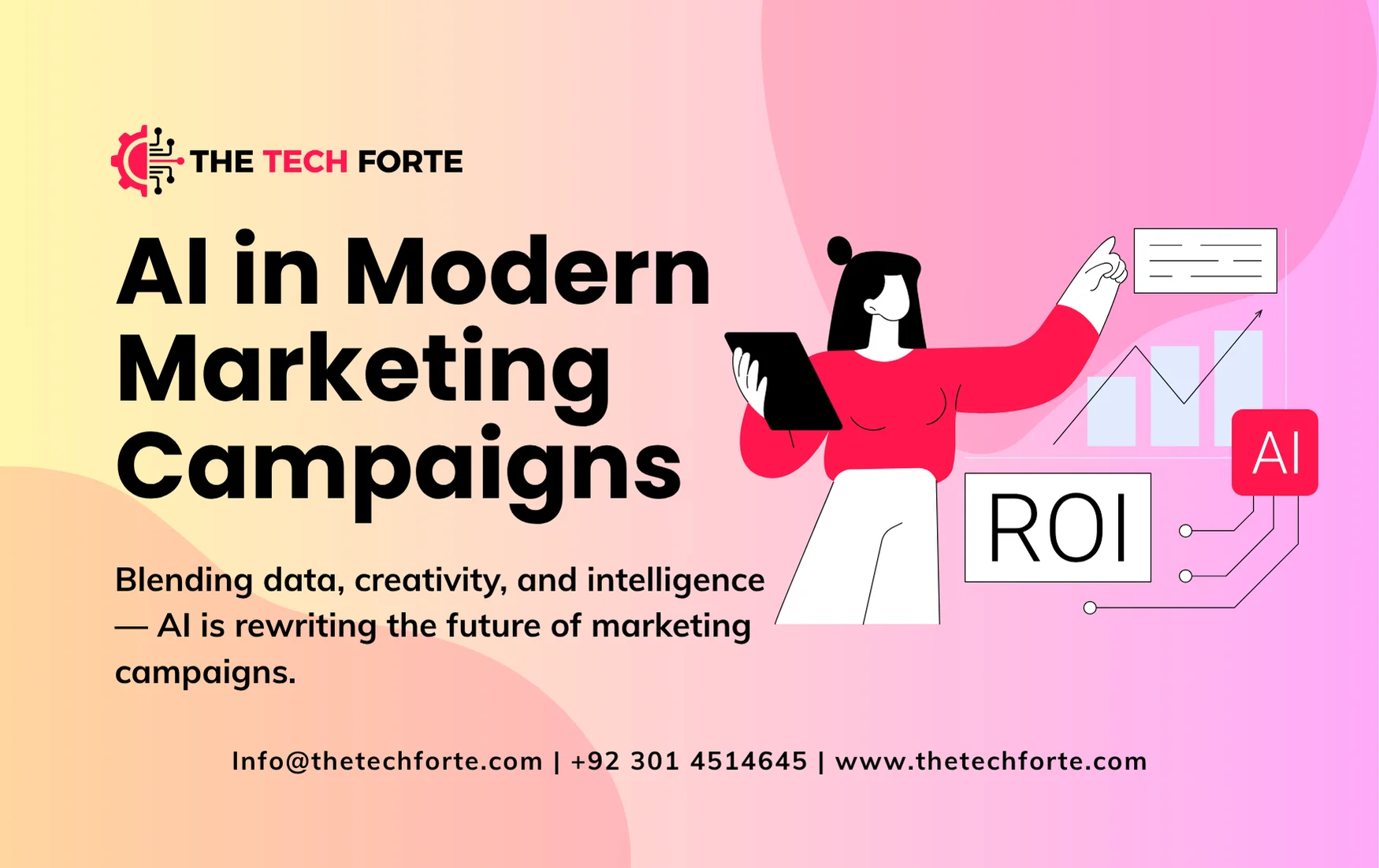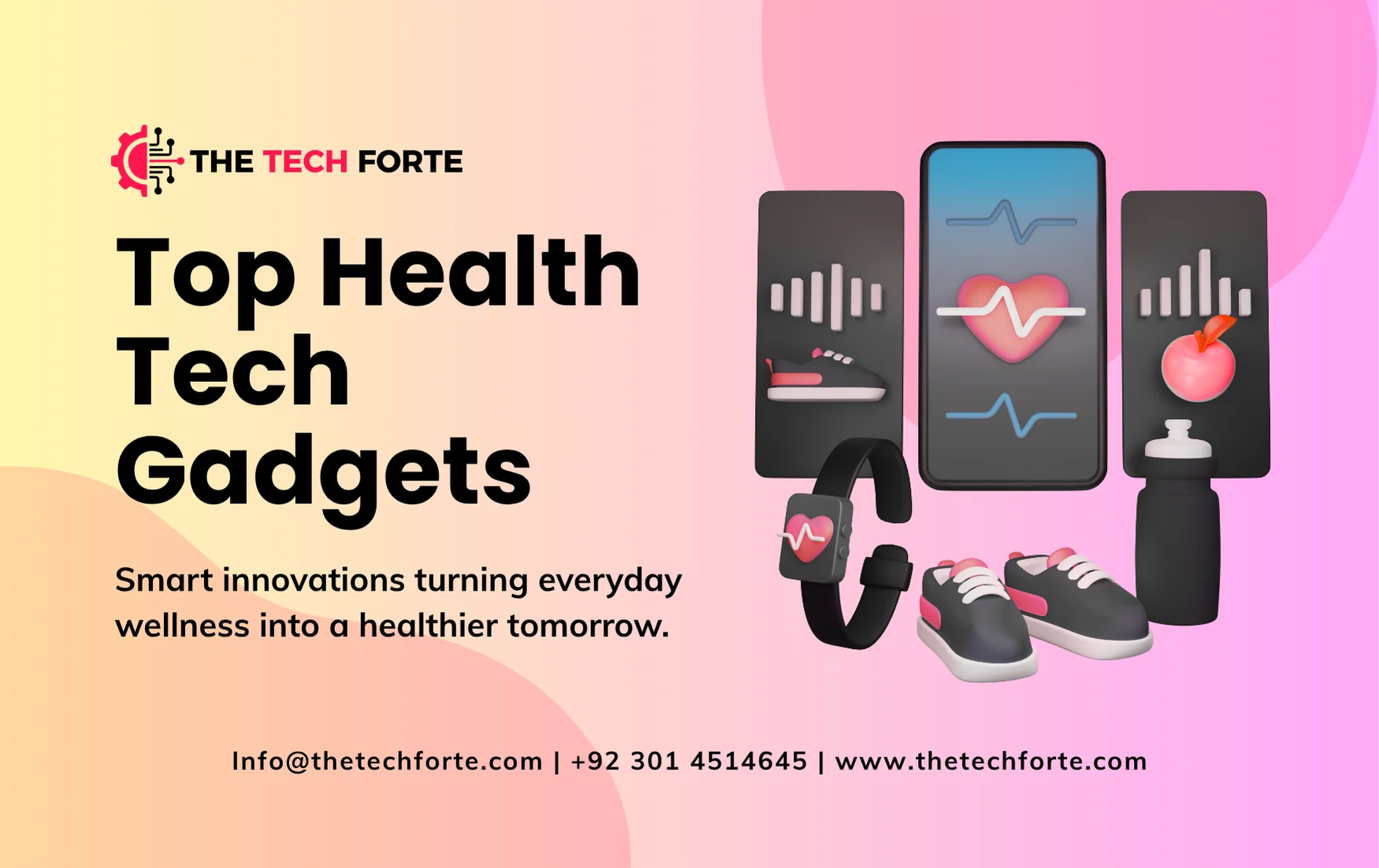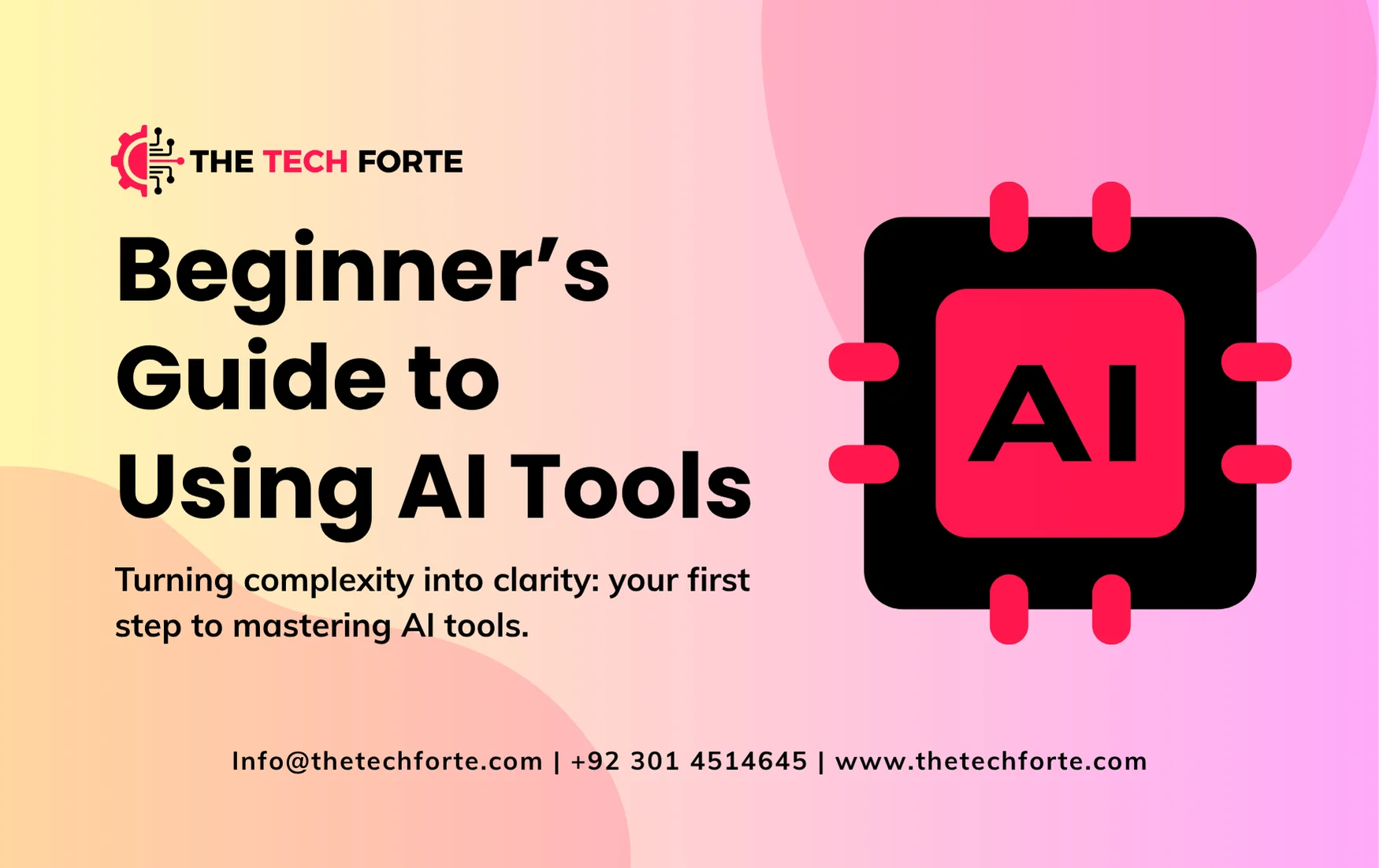
The Role of AI in Modern Marketing Campaigns
In the digital-first environment of today, artificial intelligence (AI) has quietly taken the driver’s seat; marketing is no longer only about snappy jingles or glossy posters. Whether it’s the chatbot assisting you in reserving a flight at midnight or the product recommendations that feel like they read your mind, artificial intelligence has changed how companies connect with people. This is the truth guiding campaigns across nearly all industries, not a “future trend.” It’s the reality shaping campaigns in almost every sector. In this article, we’ll explore how AI is redefining modern marketing campaigns, its opportunities, the hurdles it creates, and what the road ahead looks like.
Why AI Matters in Marketing:
Marketers used to rely on guesswork and broad demographics — think of TV ads aimed at “all women aged 25–40.” Today, AI digs much deeper. It specifies “who” might be interested, but also “why,” “when,” and “how.” AI matters for straightforward reasons: it transforms unprocessed data into clear insights that really affect choices. Brands can see patterns that would have taken humans weeks to spot. In short, AI removes a lot of the “spray and pray” approach and makes marketing campaigns smarter, faster, and more relevant.
Everyday Examples of AI in Action:
You’ve probably encountered AI in marketing without realizing it. On e-commerce sites, chatbots have become so developed that they can answer difficult questions in seconds. Artificial intelligence in video marketing enables companies to pinpoint the exact point at which consumers stop watching and modify content appropriately. In the fintech market, AI detects fraud while tailoring credit card offers to different users. Pharma companies are using AI to deliver targeted educational campaigns, while healthcare technology applies AI to promote fall detection systems for seniors. Even in sports, AI tracks fan behavior to help teams deliver personalized promotions. It’s everywhere, often invisible, but highly influential.
Smarter Campaigns with AI Tools:
One of artificial intelligence’s main advantages is its capacity to customize at large. Imagine an online store that alters home page banners depending on your new or return status. Or think about influencer marketing: by 2025, AI search impact on influencers in product marketing will be massive, matching brands with influencers based not just on followers, but on engagement quality and audience overlap. AI tools can also run dynamic campaigns that adjust wording, imagery, or timing in real time. The result? Campaigns that feel handcrafted — even when they’re reaching millions.
The ROI Question: Is AI Worth It?
For every marketer experimenting with AI, the question always comes back to ROI. Is the expense justified? Yes, in many circumstances. AI increases conversion, raises click-through rates, and enables companies to reduce acquisition expenses. In fintech, fraud prevention alone saves millions annually. AI in pharma marketing has made patient education campaigns more precise, improving awareness without ballooning budgets. Even the sports market benefits from using AI insights to sell merchandise and tickets more effectively. Still, ROI isn’t guaranteed. If you feed bad data into AI systems, you’ll get flawed predictions. So the key isn’t just using AI — it’s maintaining the quality of the data behind it.
The Pros and Cons of AI in Marketing
AI sounds like a dream, but let’s be real — it has its ups and downs.
Pros include:
- Managing routine activities so marketers can concentrate on strategy.
- Hyper-personalization builds client loyalty.
- More precise targeting that lowers superfluous ad spending.
Cons include:
- The risk of bias creeping into algorithms.
- Expensive setups, especially for small businesses.
- Overreliance on machinery blinds one’s “human spark.”
In brief, artificial intelligence is strong but not miraculous. Like any tool, it is dependent on how responsibly it is employed.
Technical Foundations Marketers Should Understand:
You don’t need to know how to code to use AI in marketing, but having a basic grasp of how it works can prevent major mistakes. AI runs on data pipelines that collect, clean, and prepare information before feeding it into predictive models. The process is ongoing — meaning if you don’t update the models, they go stale. Keeping models monitored and new is where MLOps (machine learning operations) comes in. For marketers, this becomes one guideline: treat artificial intelligence not as a one-time installation. It’s an evolving system that needs care and constant updating.
Keeping Marketing Human in an AI World:
Here’s the truth: AI is great with numbers, but hopeless with emotions. A chatbot may answer quickly, but it can’t always understand humor or frustration. In the sports market, AI can show you what types of highlights fans prefer, but it takes a human storyteller to frame those highlights in a way that excites the audience. The same goes for healthcare campaigns — a machine may identify that seniors want fall detection products, but only a marketer can craft messaging that speaks to the concerns of caregivers and families. The magic results from artificial intelligence and human innovation working together rather than independently
Looking ahead: Trends in Artificial Intelligence 2025–2030
The next five years are going to be crucial. AI in video marketing will merge with augmented and virtual reality, creating immersive experiences. Fintech campaigns will feel more like personal financial coaching than advertising. In healthcare, both pathology and pharma marketing will rely heavily on AI for awareness campaigns and patient engagement. The AI-enabled fall detection in the seniors market will expand as aging populations grow worldwide. And influencer marketing will become less about follower counts and more about AI-driven relevance. What all points to is a future where marketing isn’t just personalized — it’s deeply contextual and adaptive.
Challenges in Marketing – AI:
Of course, progress never comes without obstacles. Marketers face several key challenges:
- Data quality problems are causing poor forecasts.
- High implementation costs make artificial intelligence unattainable for smaller businesses.
- Ethical issues, notably around data privacy.
- Creative fatigue occurs when some brands lean too heavily on automation.
The good news? Most of these obstacles can be overcome with a moderate attitude. Retain human supervision, put money in clean data, and resist treating artificial intelligence as a shortcut. View it as an aide instead of the boss.
Conclusion:
Undoubtedly, artificial intelligence has a part to play in marketing. It drives better initiatives, enables large-scale personalization, and creates fresh opportunities in fields ranging from medicine to financial services. It raises ethical, prejudice, and over-reliance concerns as well. The marketers that prosper in the age of artificial intelligence will be those that strike the right balance—letting AI crunch the data while maintaining storytelling and emotional intelligence that is firmly human. Ultimately, the most successful campaigns will be those in which technology enhances rather than replaces the marketer’s voice.






